Can Indonesia truly ‘copy with pride’ Singapore’s success?
Indonesia’s president is keen to replicate the neighbouring city state’s triumphs, but analysts warn that deeper reforms will be needed
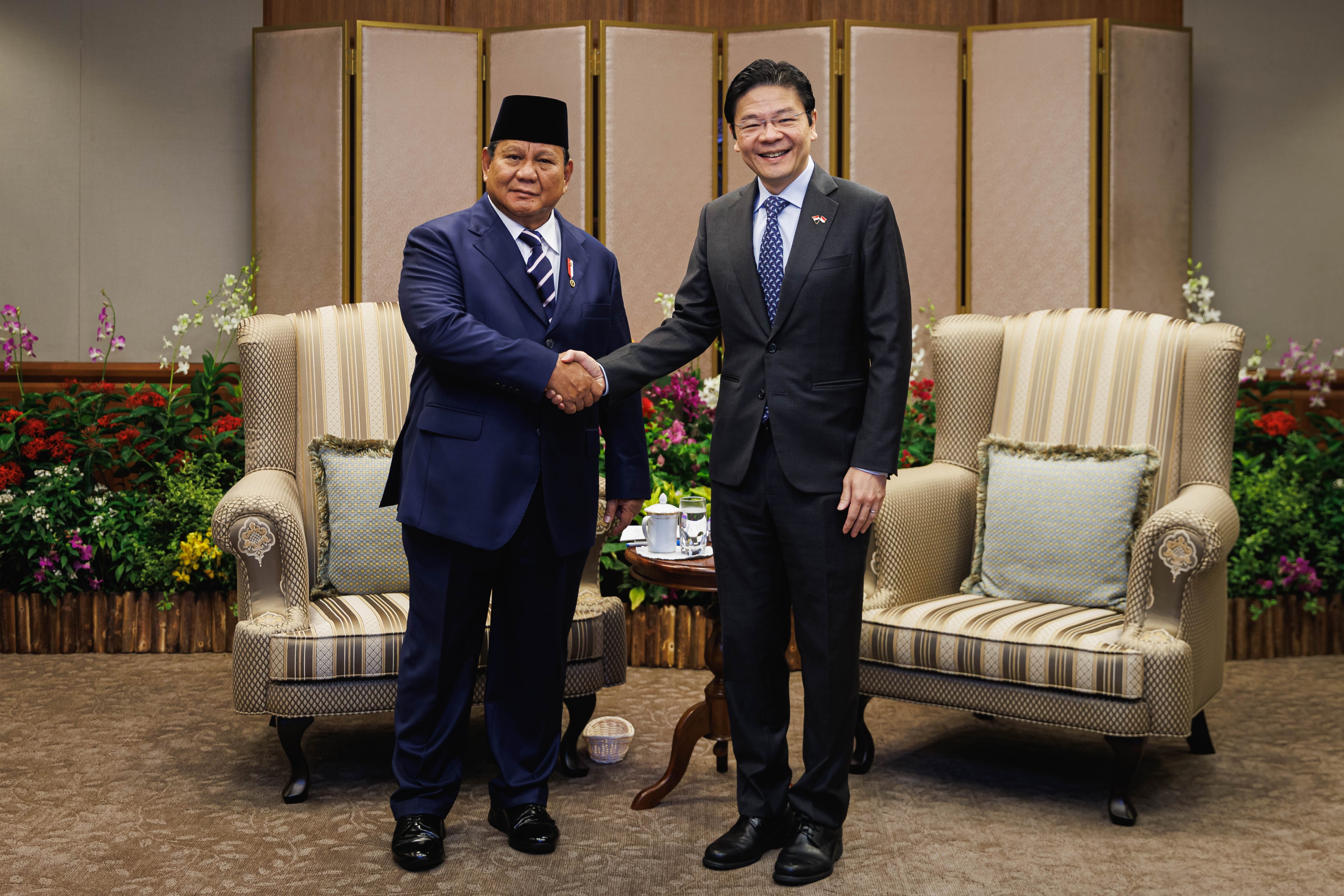
On his first state visit to Singapore, Indonesia’s President Prabowo Subianto was strikingly candid: he had “copied with pride” his neighbour’s approach to housing and investment, he said – presenting the city state as a model for his own government’s ambitious development agenda.
But chasing Singapore’s success risks overlooking the deeper reforms Indonesia must tackle to make such policies work at home, analysts say.
The remarks came [earlier this week for online as Prabowo met President Tharman Shanmugaratnam and held talks with Prime Minister Lawrence Wong during the two nations’ annual leaders’ retreat.
Prabowo, who spent part of his childhood in Singapore “when it was still a British colony”, spoke openly of his admiration for the city state’s transformation and its founding leadership.
“To be very frank, I’ve always admired the success of Singapore and especially the success of the early leaders of Singapore, their leadership, statesmanship,” he said at a joint press conference with Wong on Monday.
The Indonesian leader has long praised Singapore’s first prime minister, Lee Kuan Yew. At his memorial service in 2015, Prabowo said Lee’s greatest legacy was “creating a system that has succeeded in creating a meritocracy and in grooming two or three generations of good leaders”.
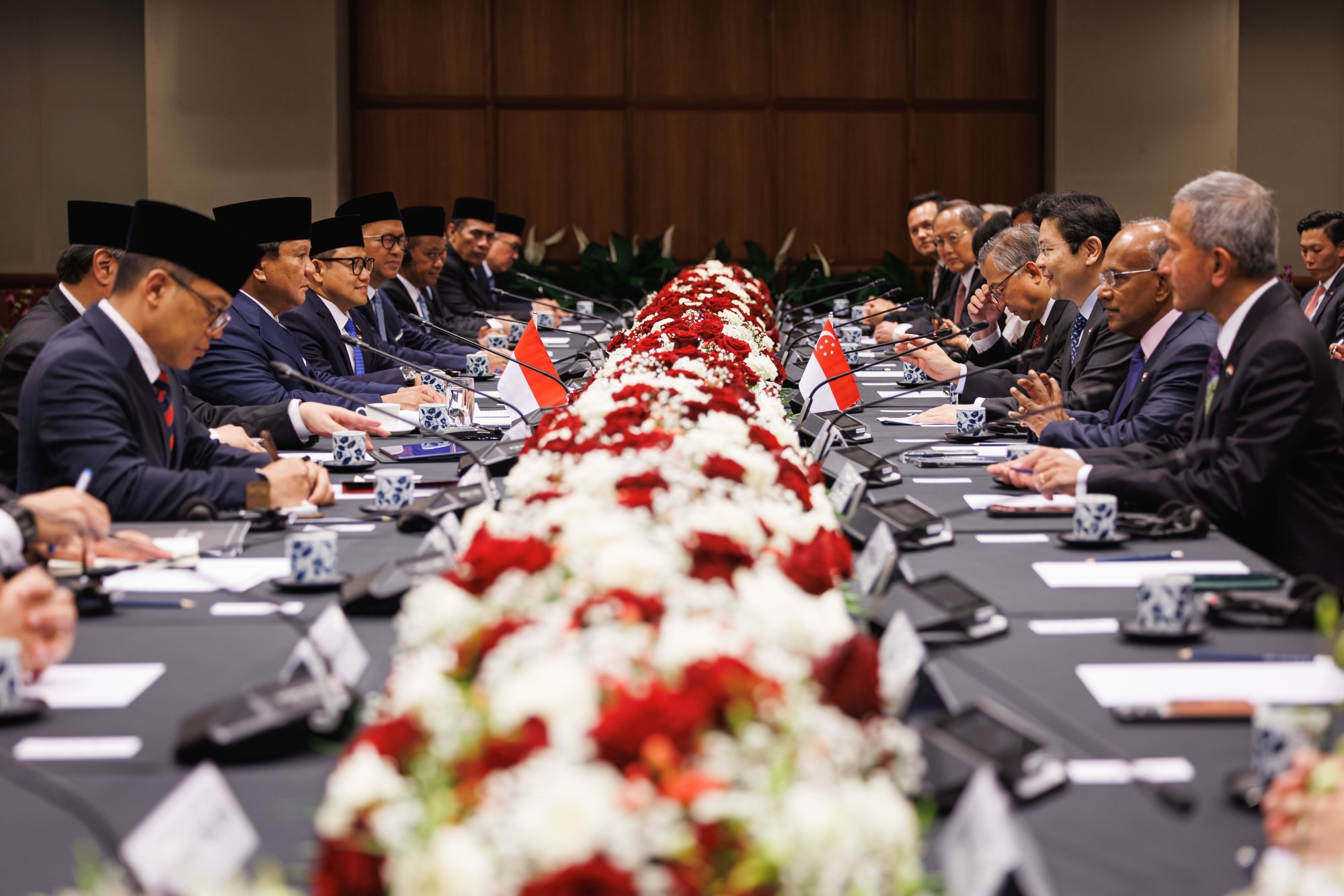
On Monday, Prabowo went further, explaining that he had “copied with pride” several of Singapore’s most “successful policies”.
“First of all, the low-cost housing for all citizens of Singapore. We’re going full speed ahead, and I’m proud to say that we will build 1 million low-cost housing [units] this year.”
He also credited Singapore’s Temasek Holdings as the inspiration for Indonesia’s newly established sovereign wealth fund: Daya Anagata Nusantara, or Danantara.
Imitating Singapore’s policies, Prabowo said, was “the highest form of respect”.
Prime Minister Wong framed Prabowo’s visit as the start of “a new era of cooperation” between the two nations. During the trip, 19 memorandums of understanding were signed, covering cross-border electricity trade, food safety and agritech, as well as the implementation of the Flight Information Region Agreement and an extradition treaty.
“Singapore has been Indonesia’s top source of foreign investment for more than a decade,” Wong said. “Last year, Singapore accounted for over one-third of all realised foreign investment into Indonesia. This reflects the confidence we have in Indonesia’s economy and its potential and strength.”
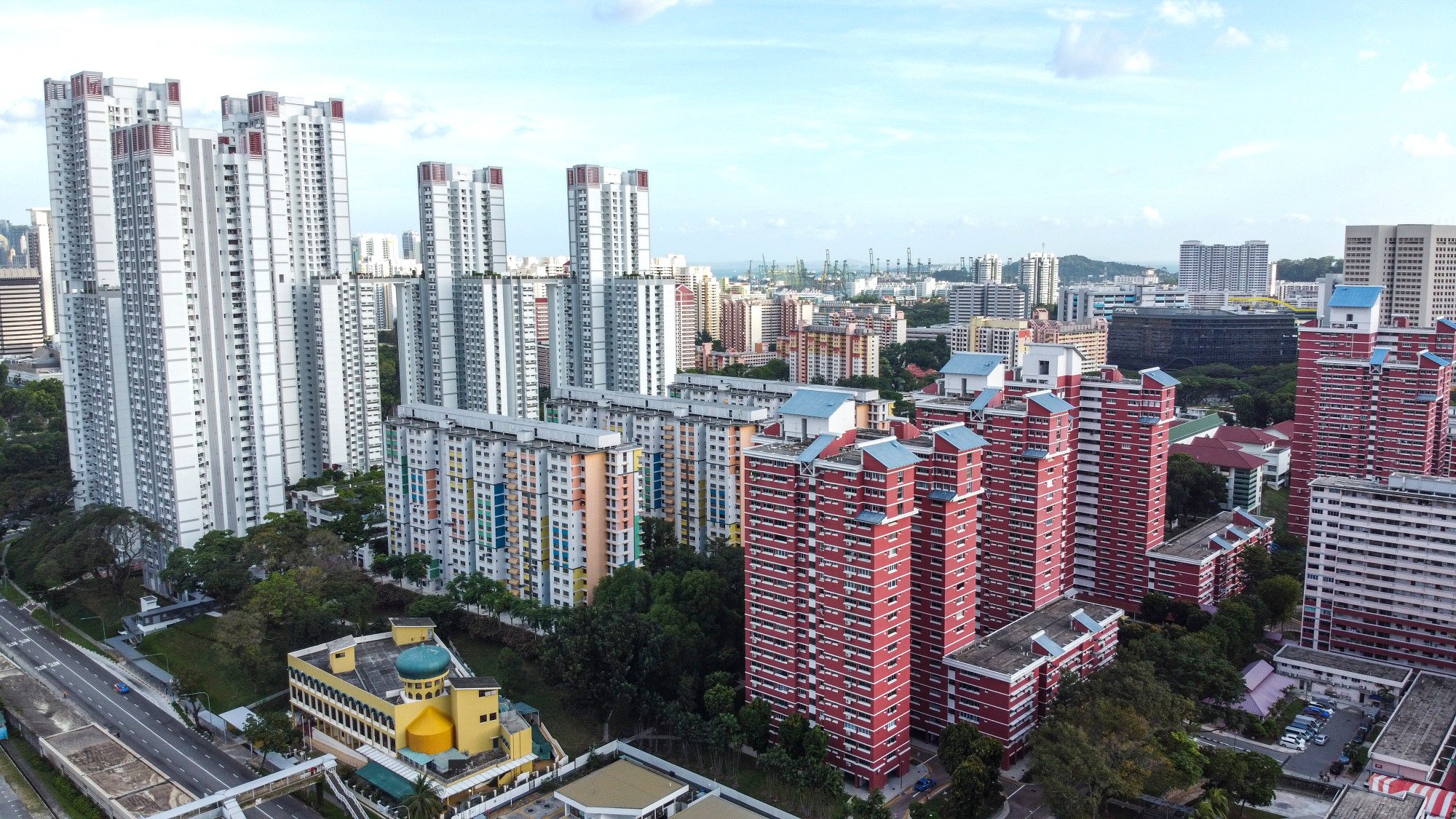
Copying Singapore’s HDB
Prabowo is not the first Indonesian official to look to Singapore as a benchmark for development. In 2014, former Jakarta governor Basuki Tjahaja Purnama, also known as Ahok, declared his vision to turn Jakarta into a global city like “Singapore, Hong Kong or New York”.
More recently, current Jakarta Governor Pramono Anung announced a plan on Monday to build five waste-to-energy plants, explicitly “copying Singapore, Hanoi and China”.
Among Prabowo’s headline-grabbing “quick-win” programmes is the pledge to build 3 million subsidised housing units within his five-year term, targeting Indonesians earning less than 8 million rupiah (US$490) per month. The government has earmarked 35 trillion rupiah (US$2.1 billion) this year for the scheme and rolled out tax incentives for prospective buyers.
Minister of Housing and Residential Area Maruarar Sirait reported in February that his agency had delivered some 104,000 subsidised homes across various provinces since October.
Jakarta has enlisted major property developers – namely Agung Sedayu Group, Lippo Group and Sinar Mas – for the initiative, with officials claiming investment interest from China, Qatar and the United Arab Emirates.
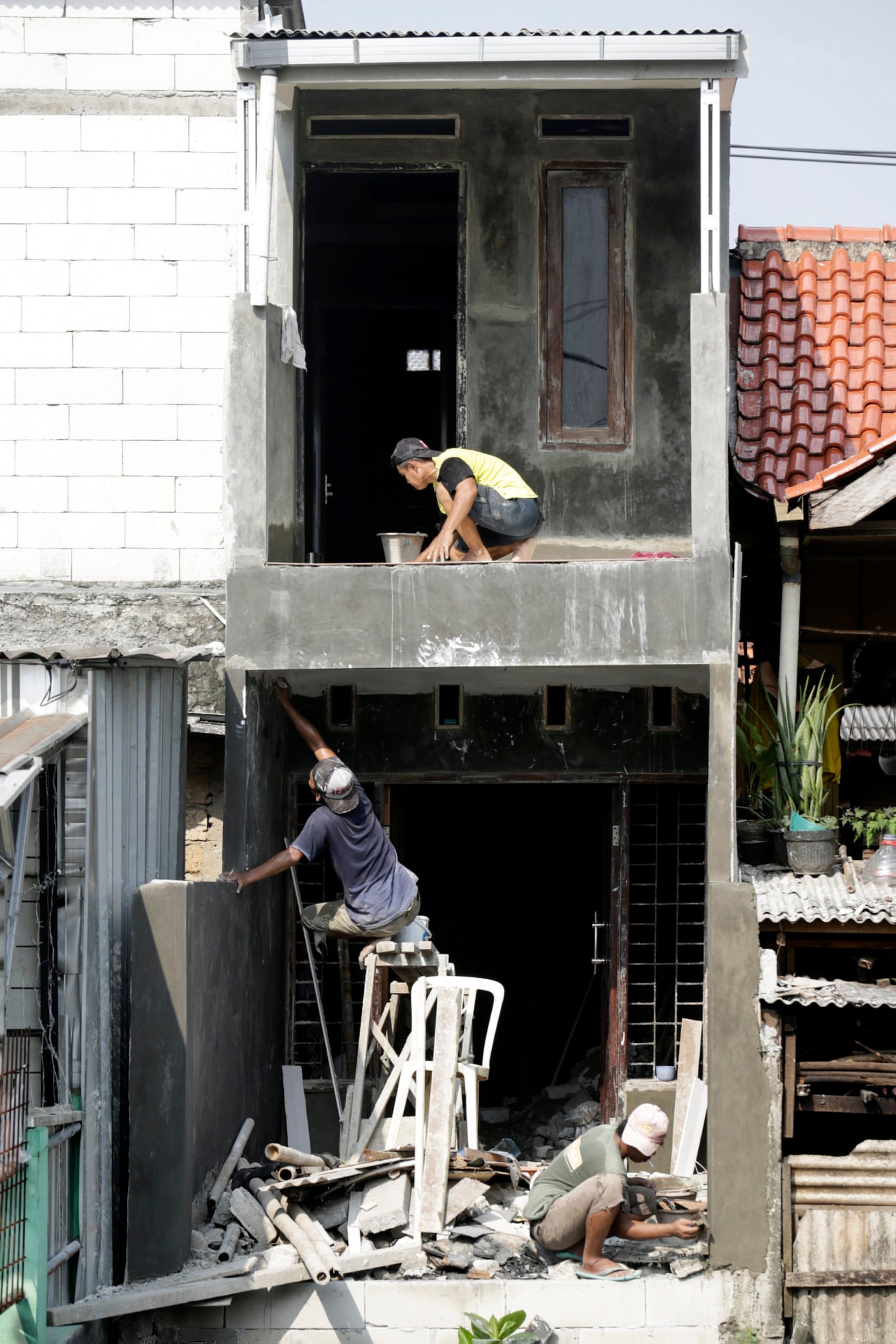
But analysts caution that replicating the success of Singapore’s Housing and Development Board (HDB) will be no simple feat.
“Singapore has one of the best public housing models in the world. It is only natural that Indonesia, in this case the Prabowo government, is interested in imitating the HDB model,” said Sulfikar Amir, an associate professor at Nanyang Technological University’s School of Social Sciences in Singapore.
“However, Indonesia cannot just copy Singapore’s success in building vertical houses, without understanding how they did it and what financial and social conditions allowed HDB to succeed.”
The key missing ingredient, Sulfikar argued, was an institution such as the HDB – one that “controls the land, builds the houses, and provides financing for the owners”.
Unlike Singapore, where government controls most land, Indonesia’s property market is largely governed by market forces, said Ali Tranghanda, chief executive officer at Indonesia Property Watch. This prevents the state from managing prices or land use with similar authority.
Indonesia does have land management agencies – such as the Land Bank Authority and the National Urban Development Corporation (Perumnas) – but their powers are limited.
Without a central land authority, rigorous public housing planning is lacking, according to Sulfikar.
“In Singapore, the housing plan is integrated with urban planning, whose development is carried out by the Urban Redevelopment Authority, so housing development there is done efficiently. We don’t have a model like that,” he said.
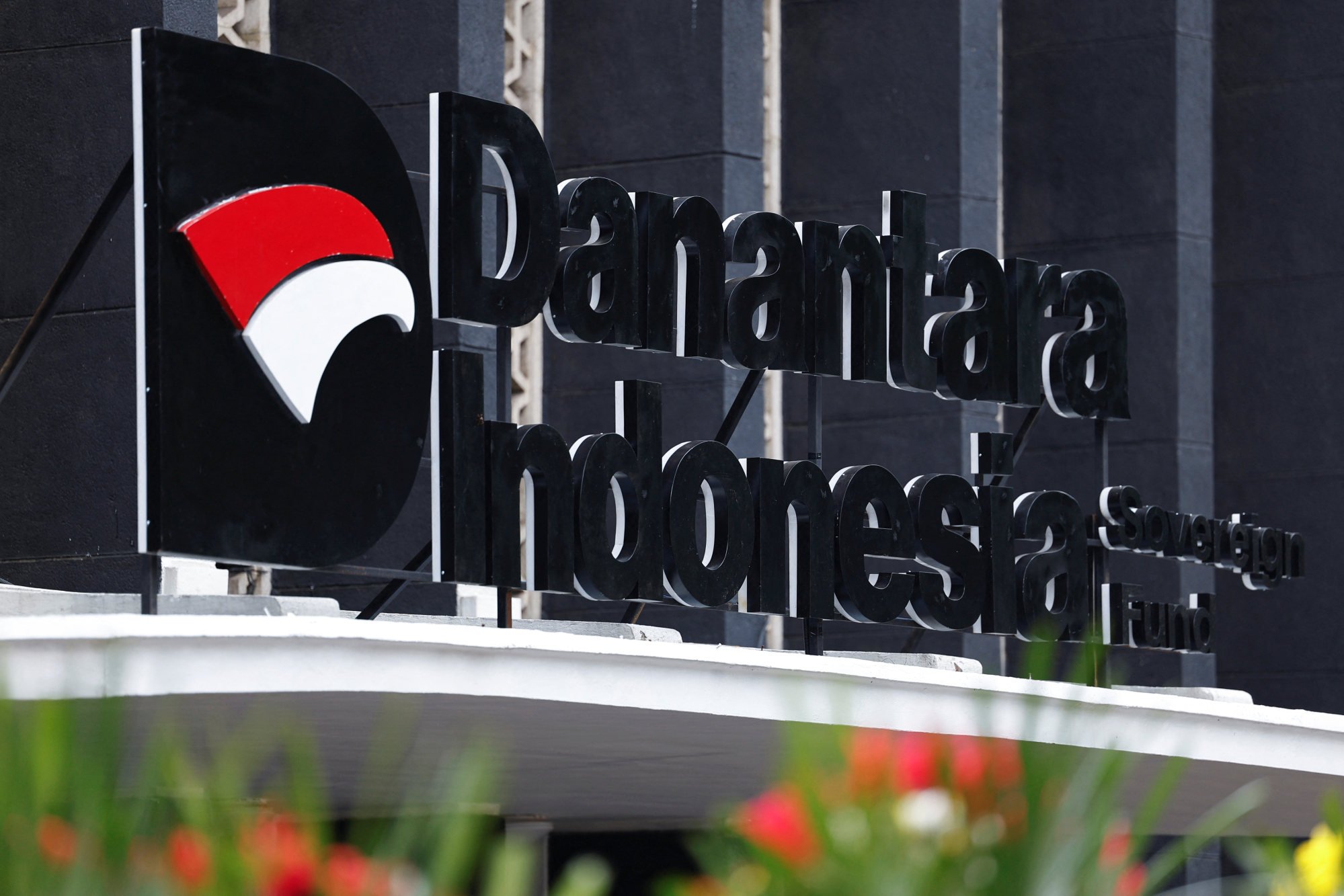
Differing from Temasek
Prabowo’s admiration for Singapore’s Temasek, which inspired the creation of Danantara, is similarly nuanced. Public policy expert Ahmad Alamsyah Siregar observed that Danantara, which manages US$900 billion in state-owned assets, serves a different purpose.
“Danantara’s task is to improve state-owned enterprises that are not performing well. It was formed by consolidating the assets of various state-owned companies,” said Ahmad, a former member of Indonesia’s Ombudsman.
“Temasek does not have this task. Danantara is more similar to China’s State-owned Assets Supervision and Administration Commission of the State Council.”
Temasek is also an active investor and shareholder with a global portfolio. Danantara, Ahmad said, was currently limited to investing in domestic strategic projects rather than acquiring stakes in foreign companies.
“Perhaps in the next stage, Danantara will be able to buy equity in private companies, only if the goal is to access intellectual property owned by private companies abroad,” he added.
Even as Prabowo holds up Temasek as a model, Ahmad cautioned that Indonesia could not “purely copy” its operational approach “without modification”.
Still, Prabowo’s willingness to look outwards may mark the start of a new path to success for Indonesia.